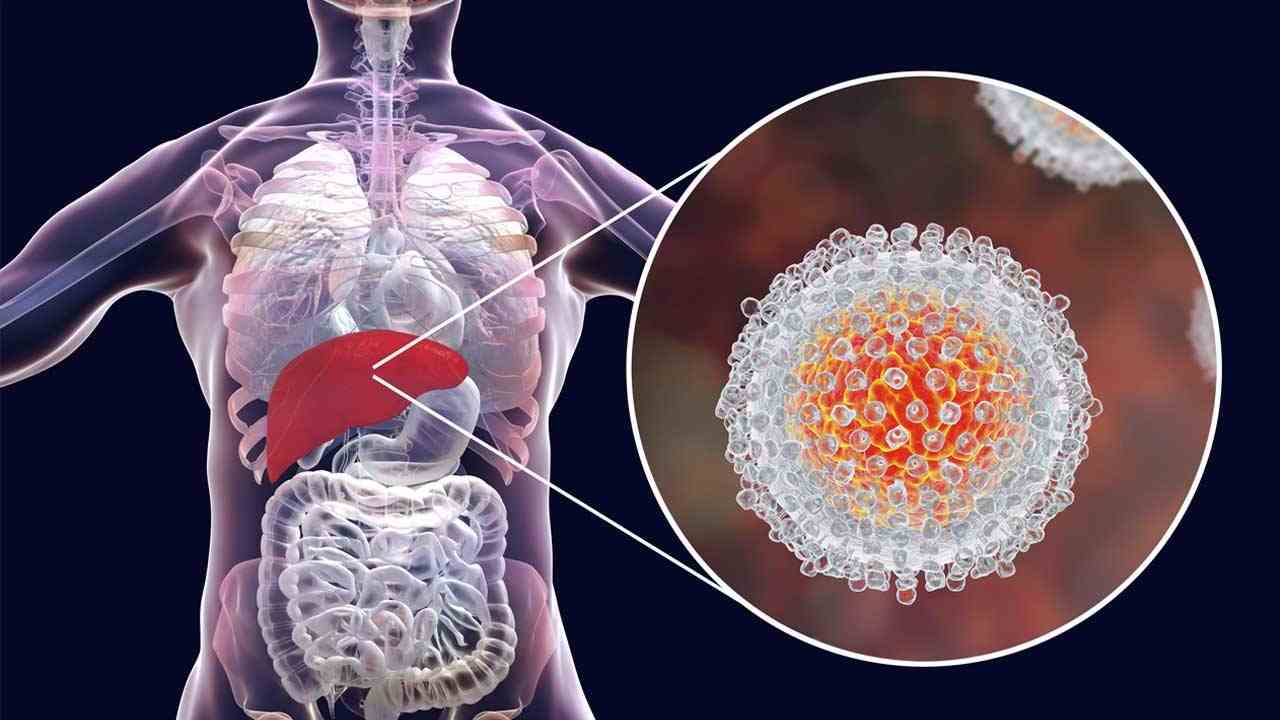According to WHO, “With a person dying every 30 seconds from a hepatitis related illness – even in the current COVID-19 crisis – we can’t wait to act on viral hepatitis.” The theme for World Hepatitis Day – 2021 is a very apt one as people with viral hepatitis can’t wait for screening no matter what the world is going through. They cannot be made to wait for life-saving treatments as that is what is required for them. Similarly, new born babies cannot be made to wait for their birth dose hepatitis vaccination. People affected with hepatitis have to go through lots of stigma and suffer emotionally and can’t wait for a more suitable time for stigma and discrimination to end as it is already a high time! The community and the decision makers at large cannot wait for a more conducive time to take actions towards elimination of hepatitis in whatever way possible.
WHO goes on to further mention that viral hepatitis is an inflammation of the liver causing severe liver disease like hepatocellular cancer. It presents glaring facts by mentioning in its website that so far only 42% of children have access to birth dose of hepatitis B vaccine which is one of the most common types of hepatitis. Together with hepatitis C, it causes 3 million new infections every year.
Insights on hepatitis in words of a renowned specialist
In a conversation with Medicircle, Dr. Tom Cherian, Founder and Managing Director of South Asian Liver Institute, Hyderabad spoke about hepatitis and informed, “Many viruses affect the liver, more than other organs. Those viruses are a group called hepatitis viruses. The common five are hepatitis A, B, C, D, and E. There is hepatitis G as well. Out of these, what affects humankind is A, B, C, and E. Hepatitis A and E viruses are transmitted in the faecal-oral route that means from contaminated food contacts etc. Your local panipuri wala can transmit hepatitis A and E, and these are the commonest viruses. The good news about these two is that they are self-limiting conditions, which don't cause any long-term sequelae. They cause jaundice for about 10 to 14 days, and the vast majority get better. Hepatitis A and E can cause acute liver failure where death is possible. But that is quite rare.”
To read the full conversation with Dr. Tom Cherian on hepatitis, click on the link and make others aware about it so that the global burden of hepatitis can be reduced either by taking relevant action or spreading awareness.

 The theme for 2021 World Hepatitis Day is “Hepatitis Can’t Waitâ€. The world has been grappling with a major crisis in the form of COVID-19, still actions for elimination of Hepatitis can’t wait. World Hepatitis Day is celebrated each year to remind us about the global burden of viral hepatitis and how all of us should come together to reduce it.
The theme for 2021 World Hepatitis Day is “Hepatitis Can’t Waitâ€. The world has been grappling with a major crisis in the form of COVID-19, still actions for elimination of Hepatitis can’t wait. World Hepatitis Day is celebrated each year to remind us about the global burden of viral hepatitis and how all of us should come together to reduce it.










.jpeg)







.jpeg)

.jpg)










